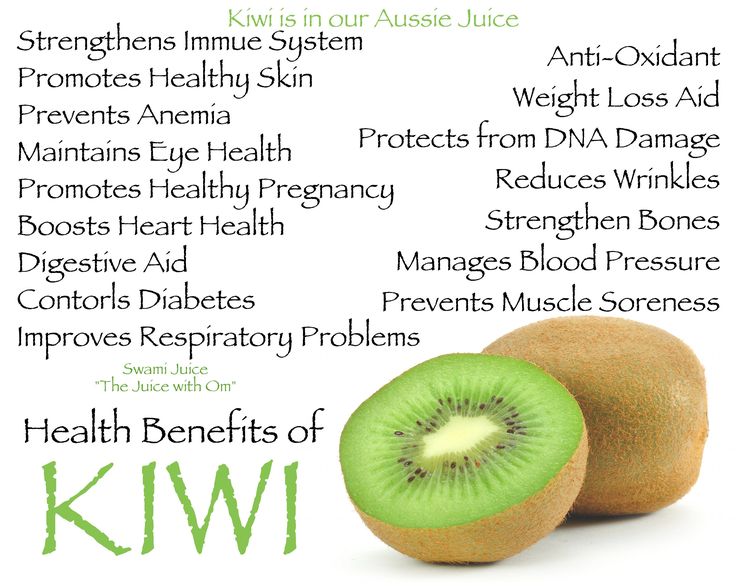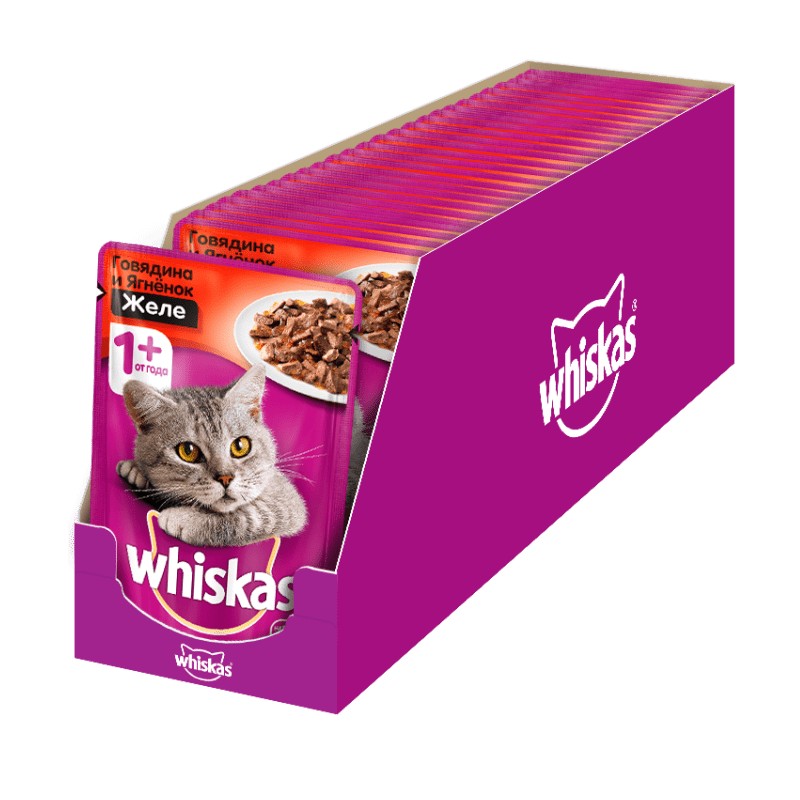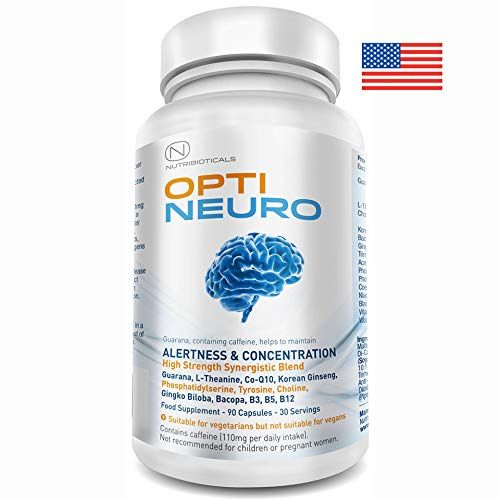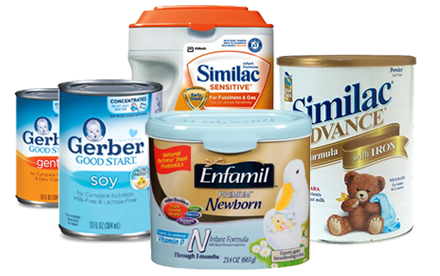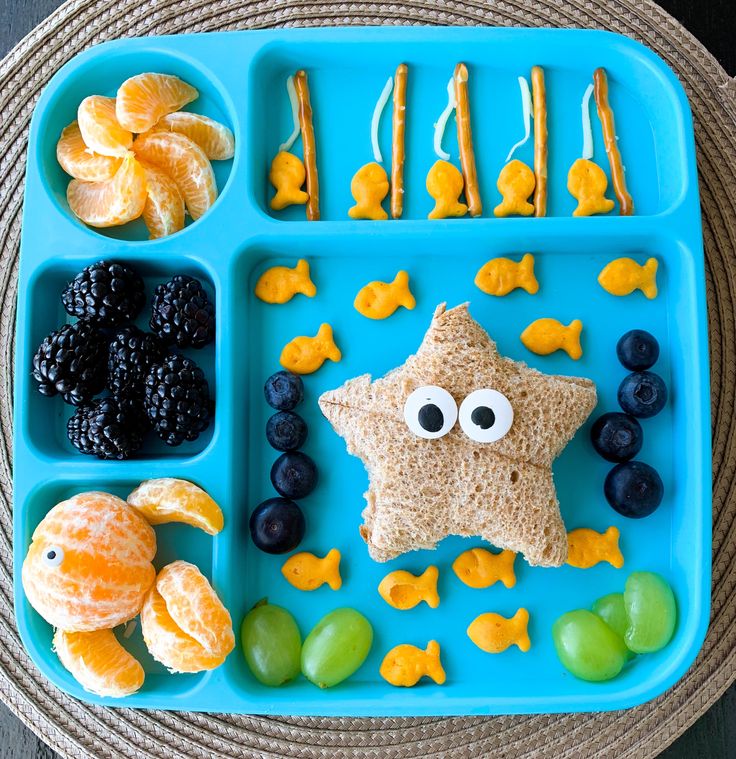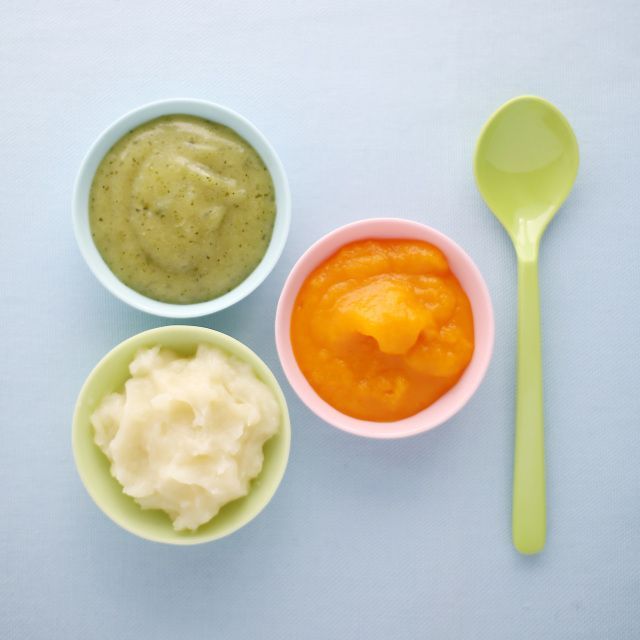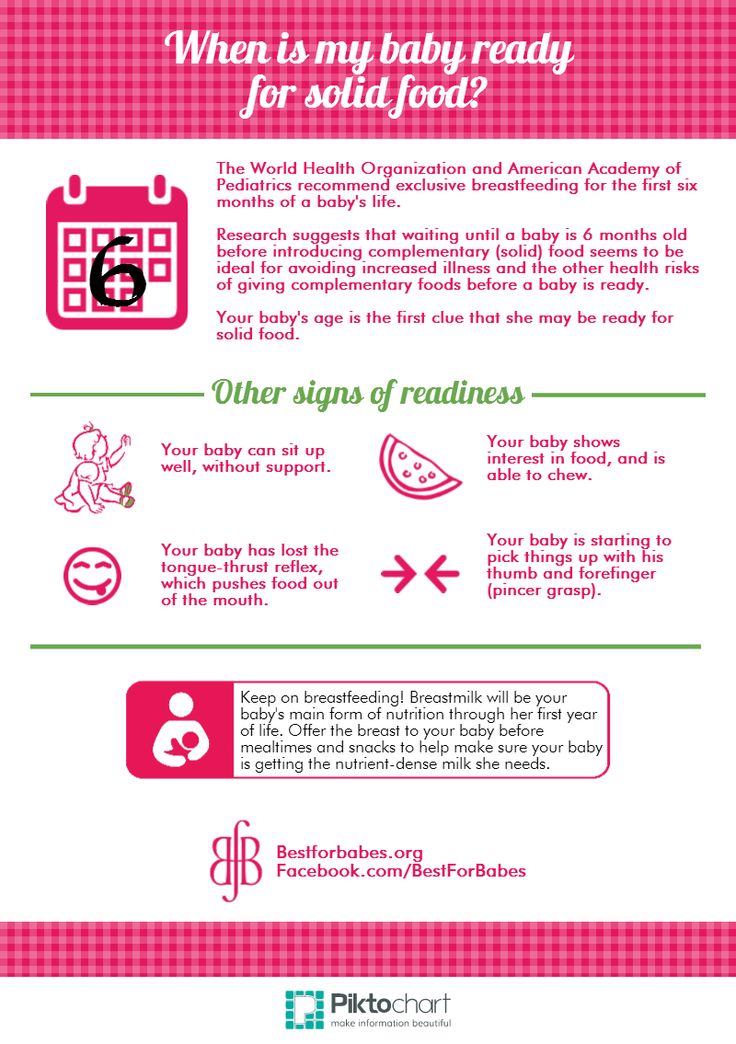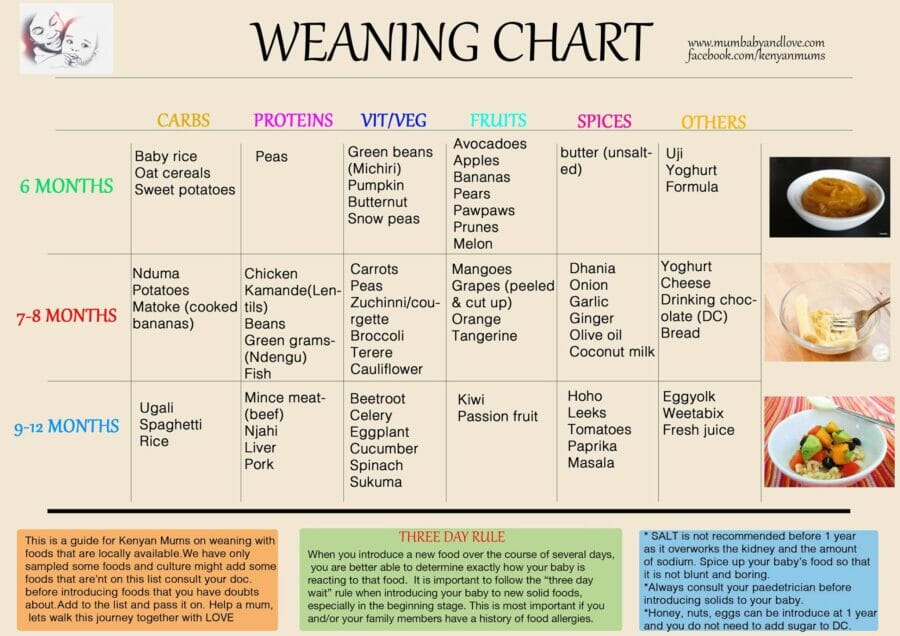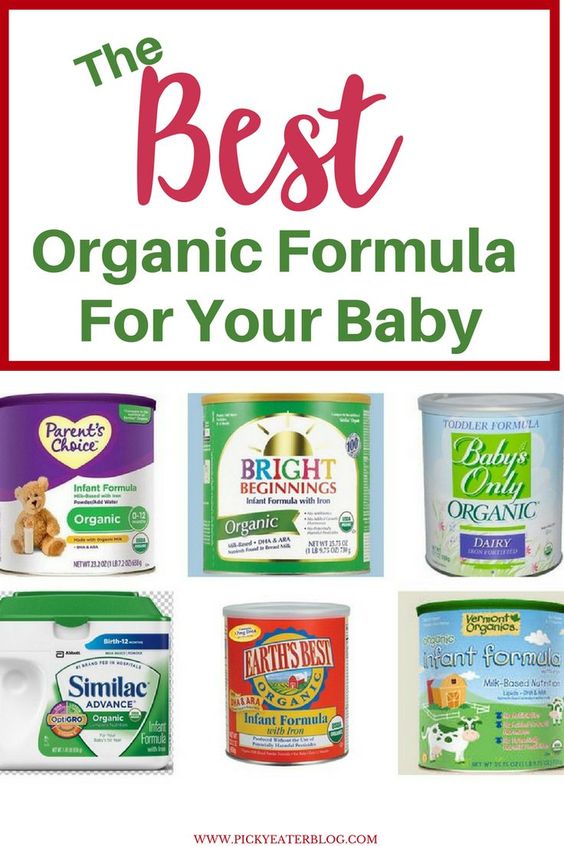Foods that can upset breastfed babies
Breastfeeding FAQs: Your Eating and Drinking Habits (for Parents)
Breastfeeding is a natural thing to do, but it still comes with its fair share of questions. Here's what you need to know about your eating and drinking habits — and how they may affect your baby — during breastfeeding.
What Should I Eat?
As you did when you were pregnant, eat plenty of fruits, vegetables, whole grains, protein, and calcium-rich foods. You’ll need about 450 to 500 extra calories per day while breastfeeding. Follow the recommendations in the MyPlate food guide and you'll be well on your way to giving both you and your baby a nutritious diet.
Breastfeeding can make you thirsty, so keep a water bottle nearby so it's there when you need it.
Do I Need to Take Vitamins?
Your doctor may ask you to continue taking a prenatal vitamin or women’s supplement.
It’s important to get enough iodine, an important mineral, while breastfeeding. To get enough:
- Take a supplement with 150 micrograms of iodine per day.
- Use iodized salt in your cooking.
- Eat foods that are high in iodine, like seafood and dairy products.
If you are vegan or don't eat fish or dairy, talk to your doctor about getting checked for iodine deficiency.
Can My Baby Have a Reaction to Something I Eat?
It’s possible for your breastfed baby to have an allergic reaction or sensitivity to something you eat or drink.
Foods like beans, broccoli, cauliflower, or some dairy products can cause fussiness, gassiness, or colicky behavior in some babies. Foods like cow's milk, soy, wheat, corn, oats, eggs, nuts and peanuts, and fish or shellfish are common allergy-causing foods.
If you think your baby had a reaction to a food, call your doctor and avoid eating or drinking anything your little one can't seem to tolerate. Keep a journal of exactly what you eat and drink, along with any reactions your baby had. This can help both you and your doctor pinpoint what the problem food, or foods, might be.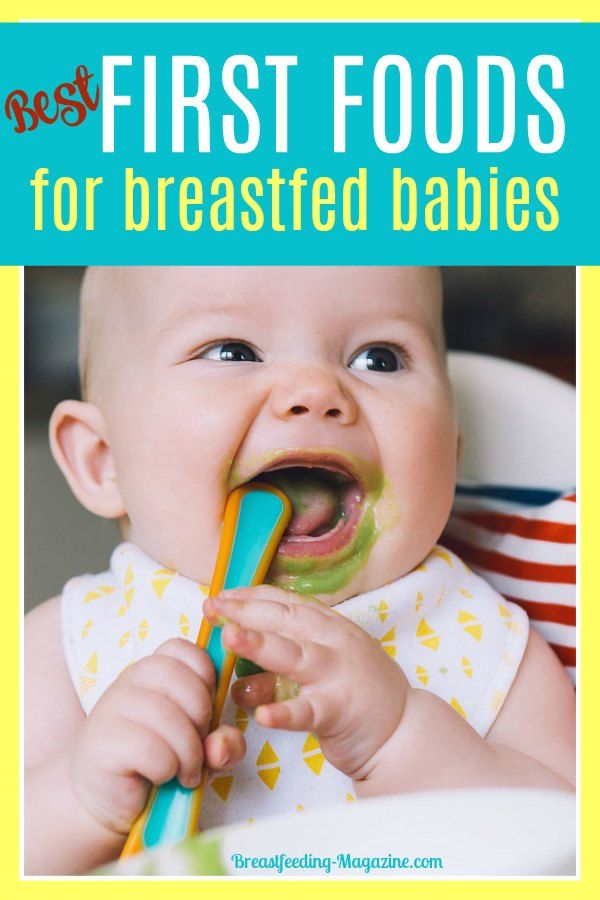
Although such a reaction is extremely rare, if your child has trouble breathing or has swelling of the face, call 911 right away.
Is Alcohol Still a "No-No"?
Drinking in moderation — one or two drinks within a 24-hour period — is fine, as long as you wait to feed your baby.
When you drink alcohol, a small amount gets into your breast milk. The amount of alcohol in breast milk depends on the amount of alcohol in the blood. It takes about 2 hours after having one drink for the alcohol to no longer be a concern for your baby. So do not give your baby fresh breast milk for at least 2 hours if you've had one drink, 4 hours if you've had two drinks, and so on.
If you plan to drink more than a few, do so after breastfeeding's been established for about a month and then "pump and dump." This is when you pump your milk and throw it away.
But drinking to excess when you're nursing is not a good idea. Even if you "pump and dump," there are other risks to your baby.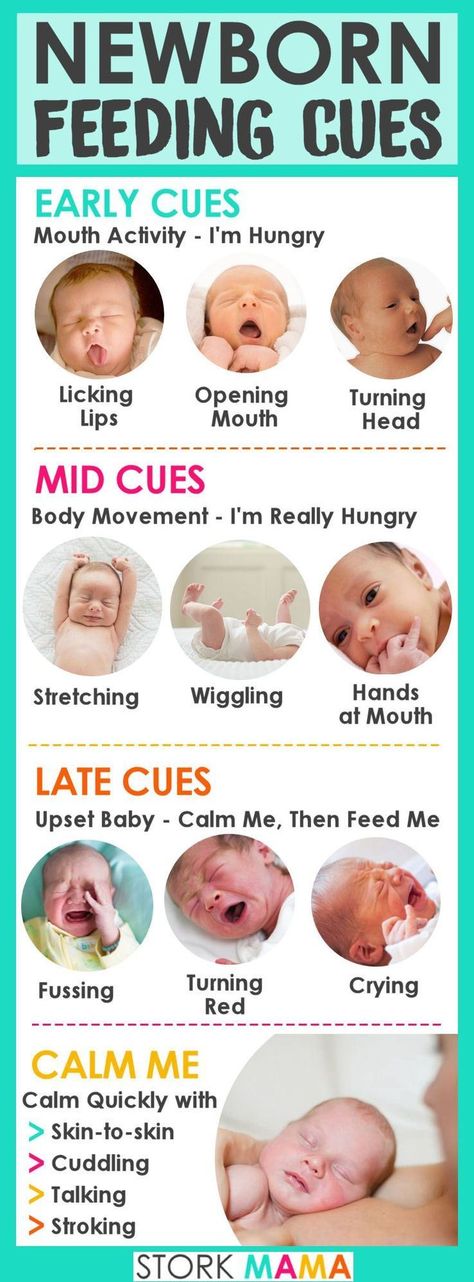 Drinking too much changes your ability to be alert and think clearly. It affects how you care for your baby and may prevent you from responding to your baby's needs. It's also a risk factor for SIDS (sudden infant death syndrome).
Drinking too much changes your ability to be alert and think clearly. It affects how you care for your baby and may prevent you from responding to your baby's needs. It's also a risk factor for SIDS (sudden infant death syndrome).
Should I Still Avoid Some Types of Fish?
As during pregnancy, nursing moms should avoid or limit eating fish that is high in mercury. High mercury levels can damage a baby’s developing nervous system.
Can I Have Caffeine?
As with alcohol, it's best to limit caffeine while breastfeeding. One or two cups of coffee a day are fine, but more than one or two servings per day may affect your baby's mood and/or sleep.
Reviewed by: Jamila H. Richardson, BSN, RN, IBCLC
Date reviewed: January 2021
8 Foods to Avoid When Breastfeeding Your Baby
We’ll say it over and over again: breastfeeding is one of the best things that you can do for baby. Breastmilk contains essential nutrients that help to nourish a growing baby and provides unbeatable immunity support.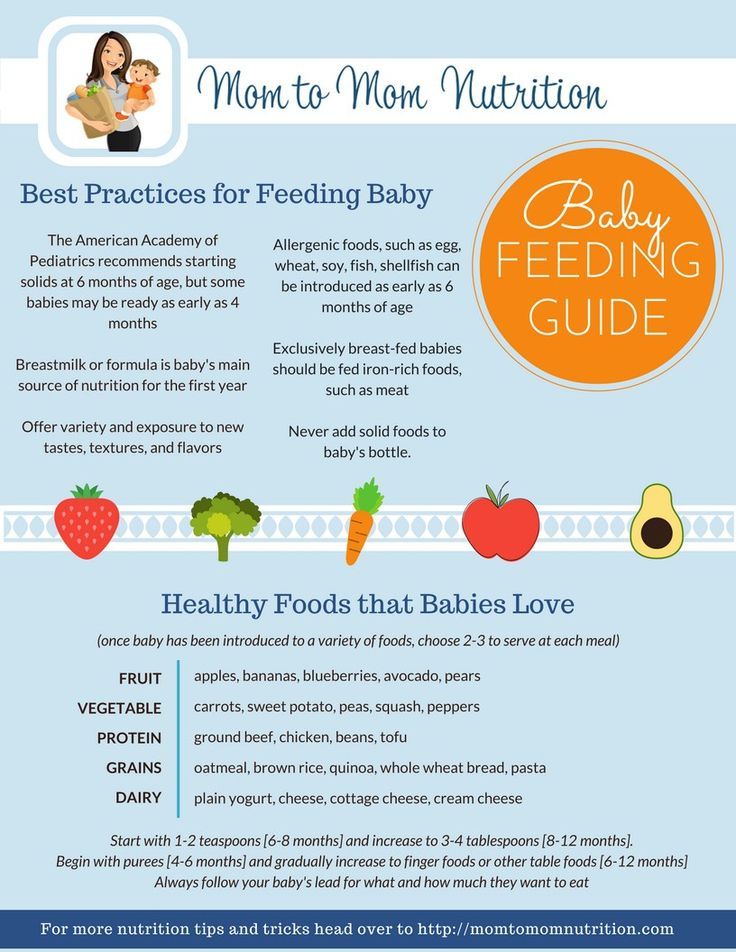 The benefits of breastmilk are far and wide, plus it’s free and provides a wonderful bonding experience. Yet all good things come with some problems every now and then. While breastmilk is the best thing for your baby, it can make your baby fussy. When this happens, it’s understandable to get confused and even a little bit worried—but don’t worry. Often times the reason that your breastfed baby is getting fussy is because of something you’ve eaten that puts strain on your baby’s digestive tract. In this article, we’ll explore eight foods to avoid while breastfeeding as they could be making your breastfed baby fussy.
The benefits of breastmilk are far and wide, plus it’s free and provides a wonderful bonding experience. Yet all good things come with some problems every now and then. While breastmilk is the best thing for your baby, it can make your baby fussy. When this happens, it’s understandable to get confused and even a little bit worried—but don’t worry. Often times the reason that your breastfed baby is getting fussy is because of something you’ve eaten that puts strain on your baby’s digestive tract. In this article, we’ll explore eight foods to avoid while breastfeeding as they could be making your breastfed baby fussy.
Common Foods that Make Breastfeeding Babies Fussy
Gas is completely normal for both babies and adults. It’s a byproduct of your gastrointestinal system and isn’t cause for concern. However, as we all know, sometimes gas can be uncomfortable. When it happens to adults, we can take an over the counter medication to help ease discomfort but when it happens to babies, it’s a little different.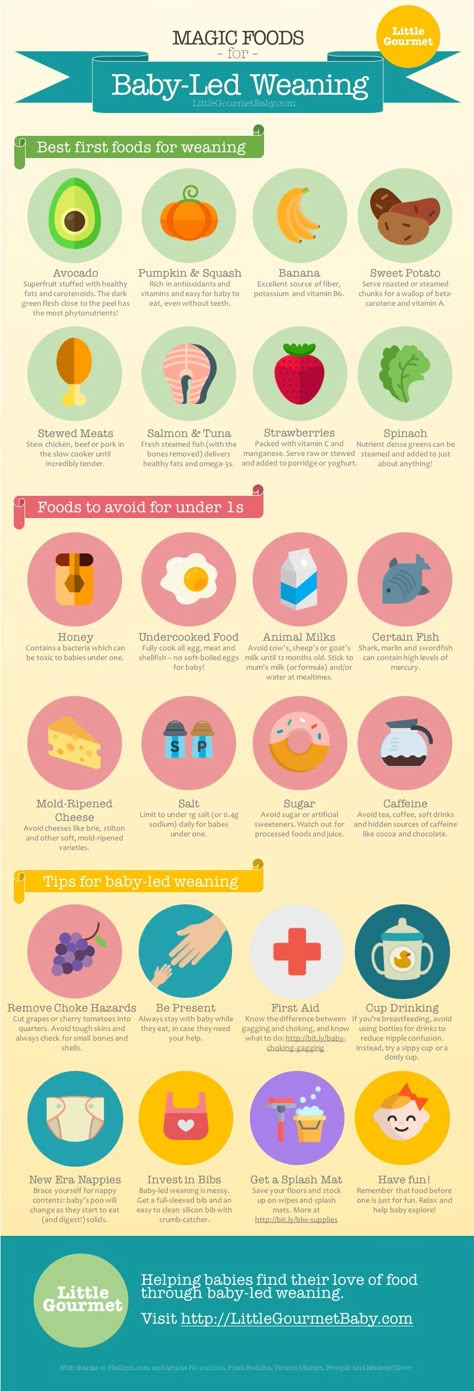
Babies can’t directly tell you what’s wrong. The way they communicate is through crying or getting fussy. If you notice a trend where your baby gets fussy after breastfeeding, it’s likely because something you’re eating is upsetting their stomach. Here are some common foods that make breastfeeding babies fussy:
1. DairyDairy is the most likely culprit behind fussiness. Cow’s milk is much harder for underdeveloped bodies to digest and can cause excess gas or discomfort in babies. When you drink milk caseins, the proteins found in dairy, pass through your blood and into your breast milk production. Newborns and young babies cannot digest caseins, so they become fussy and gassy. If your baby is a little older and they’re still getting fussy from dairy, it could be because of an allergy. Try eliminating all forms of processed dairy and see if it makes a difference.
2. SoySoy is another common allergen that babies react to.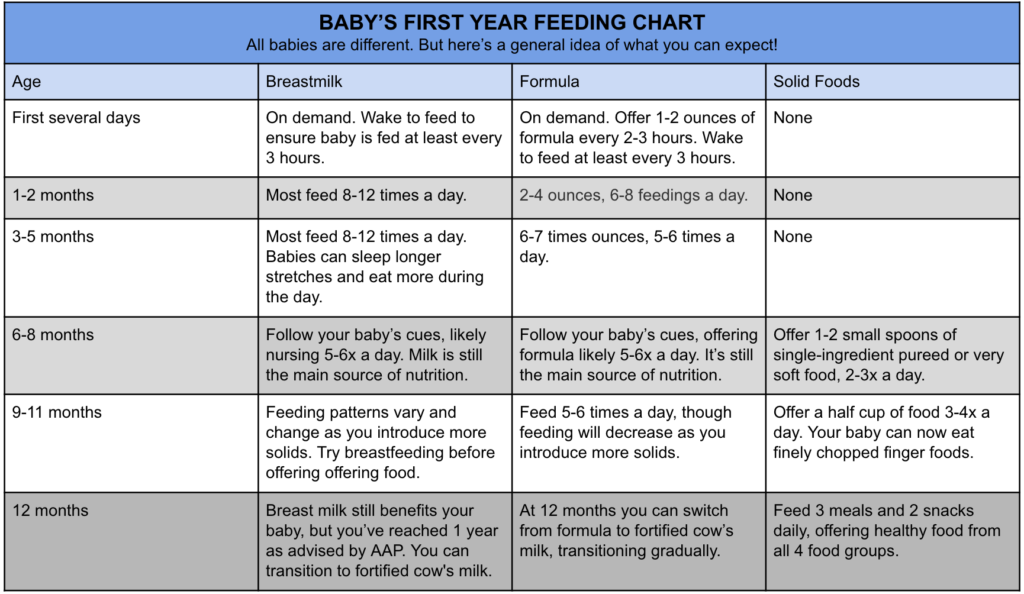 Many breastfeeding moms equate fussiness with their soy intake, so if you’re dairy-free and using soy alternatives, you’ll need to consider a different alternative.
Many breastfeeding moms equate fussiness with their soy intake, so if you’re dairy-free and using soy alternatives, you’ll need to consider a different alternative.
In addition to dairy and soy, wheat and corn have been known to cause food allergy responses and have subsequently been found as the source of a breastfed baby’s fussiness. If you think that you might be sensitive to wheat or corn, of if you have a family history of allergies in any of these areas, you should consider eliminating them from your diet. This is more difficult than eliminating dairy products, as wheat, corn, and even soy are found in many different processed foods. Make sure that you read the labels and talk to your doctor about alternatives that are safe for breastfeeding.
4. CaffeineCaffeine gives you a much-needed energy boost during motherhood, but it can actually contribute to problems. A lot of babies are sensitive to caffeine, which causes fussiness.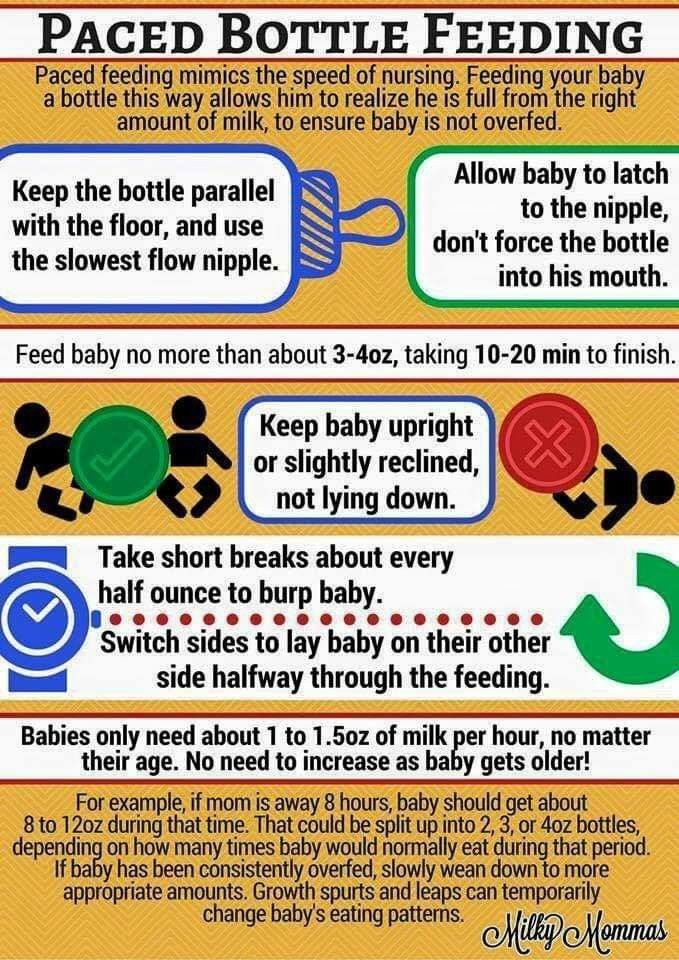 Your caffeine is transmitted through breastmilk, so try to limit your caffeine intake to one cup of coffee or tea in the morning.
Your caffeine is transmitted through breastmilk, so try to limit your caffeine intake to one cup of coffee or tea in the morning.
If you love spicy foods, you’ll probably need to dial it back while you’re breastfeeding. The spices can upset your baby’s stomach and tends to change the way your breastmilk smells and tastes, which could lead to a refusal to eat altogether. The main spicy foods to avoid whilte breastfeeding are garlic, curry, chili pepper, and cinnamon as these are known to cause higher levels of indigestion.2
6. High-fiber FoodsWhile eating a breastfeeding diet that’s high in fiber is good for mom, it can cause fussiness in your baby. The high fiber content in a baby’s diet can contribute to uncomfortable gas and indigestion, so you’ll want to dial it back a little bit. You can still eat a diet that gives you fiber but try to avoid certain vegetables while you’re breastfeeding such as broccoli, cauliflower, brussels sprouts, and cabbage.
Some women notice that their breastfed baby gets fussy when they eat chocolate. This is completely normal. A lot of times, it’s more-so due to the amount of chocolate that’s eaten, not the chocolate itself.2 If you like to indulge, try limiting yourself to one square of chocolate at a time to help ease your baby’s fussiness.
8. Citrus FruitsCitrus fruits can cahuse discomfort in newborn and infant digestive tracks, so it’s best to limit them in your diet until your baby’s older. The acidity of the fruits cause irritation to their digestive tract, which in turn leads to fussiness. Other fruits that may cause fussiness include pineapples, strawberries, kiwis, cherries, and prunes.
While these are the eight most common foods that tend to make breastfeeding babies fussy, there are still other foods that can cause discomfort. To minimize this, don’t overdo it on any one food group. Try to spread out your nutrition and eat a balanced diet filled with a wide variety of fruits, vegetables, whole grains, healthy fats, and lean protein.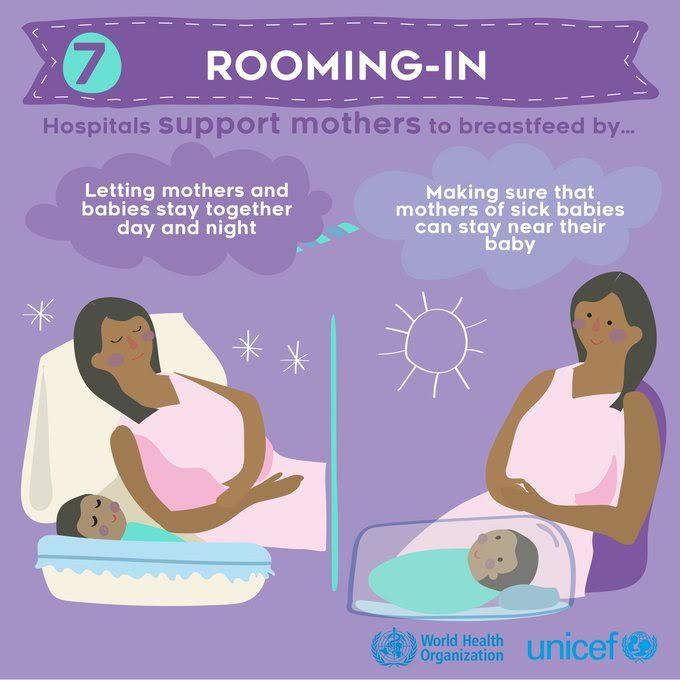 When you saturate your diet with one food, it can cause digestion difficulty for your baby. They’re digestive tracts are still developing and the best way to help avoid fuss is to keep a balanced diet. For more information on the best foods to eat while breastfeeding, check out this article.
When you saturate your diet with one food, it can cause digestion difficulty for your baby. They’re digestive tracts are still developing and the best way to help avoid fuss is to keep a balanced diet. For more information on the best foods to eat while breastfeeding, check out this article.
How to Determine Which Foods are Making Your Breastfed Baby Fussy
The hardest part about eliminating the food from your diet that’s making your baby fussy is knowing exactly what it is. Luckily, by following an elimination diet, you can get a better understanding on your baby’s sensitivities. There are three primary steps to determining which foods are making your breastfed baby fussy: getting organized, eliminating certain foods, and testing for confirmation.
Step One: Get Organized
The first step requires you to get a little bit organized. You’ll need to track what you’re eating each day and record how your baby is reacting. Some women go as far as tracking everything they eat while others only focus on the foods that are most likely to create problems listed above.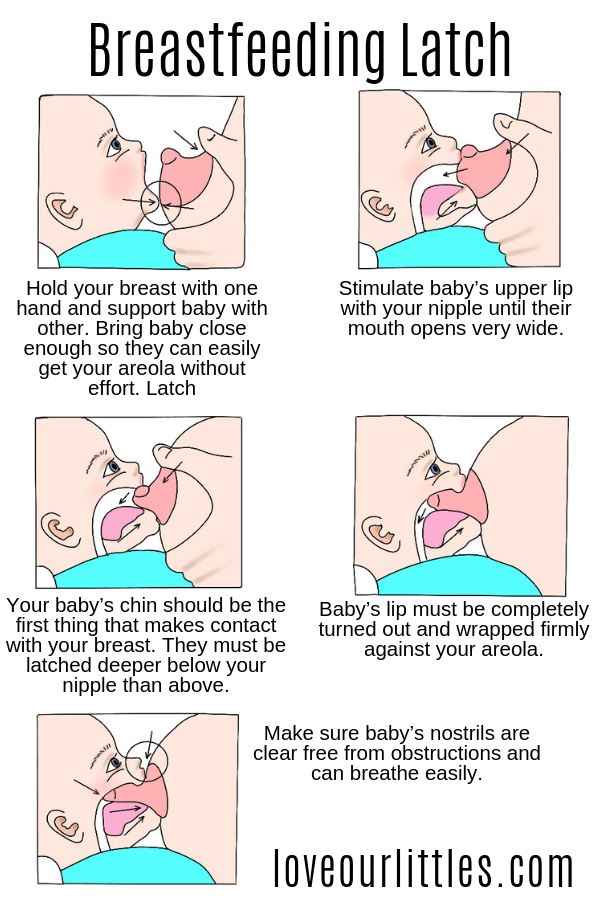 Whatever you decide to do, just be consistent. It’s going to take a few weeks for this process to work, so you’ll need to stay organized and committed. In addition to recording your baby’s fussiness, keep notes on whether they’re crying or colicky, are bloated or suffering from constipation, are gassy, experiencing diarrhea, or have a red ring around the anus.
Whatever you decide to do, just be consistent. It’s going to take a few weeks for this process to work, so you’ll need to stay organized and committed. In addition to recording your baby’s fussiness, keep notes on whether they’re crying or colicky, are bloated or suffering from constipation, are gassy, experiencing diarrhea, or have a red ring around the anus.
Step Two: Eliminate Foods
Next, you’ll need to go on an elimination diet for a few weeks. Start by eliminating one of the main foods that cause irritation and fussiness—dairy. Dairy is one of the most common foods that cause babies to get fussy. Abstain from eating any dairy (or at the very least any cow’s milk) for at least 10 to 14 days. Keep an eye on your baby to see if they are still fussy or if they start to calm down and the symptoms go away. If your baby is still fussy, move on to the next food listed above and repeat the process. You’ll need to continue working down the most common foods that cause irritability until your baby’s symptoms go away.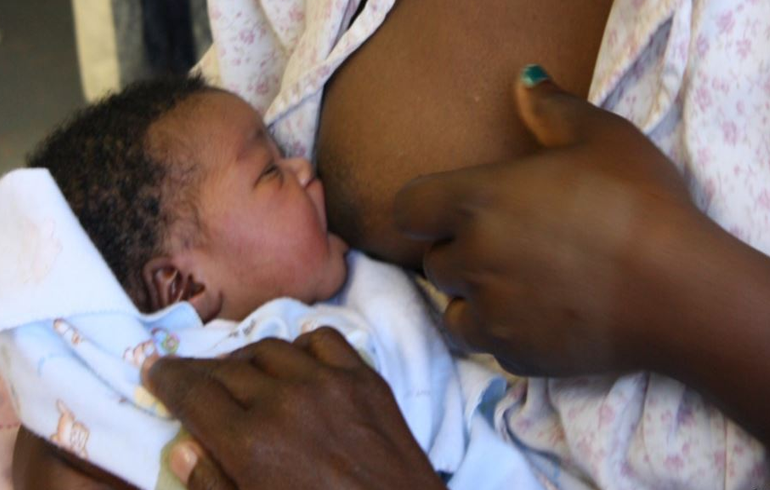 When they do, move on to step three.
When they do, move on to step three.
Step Three: Test Your Results
After you’ve pinpointed the trigger food, it’s time to do a little home experiment to confirm. If all of your baby’s symptoms have subsided, reintroduce the food that you suspect as the cause of fussiness.If your baby starts showing symptoms of discomfort or fussiness within 24 hours of breastfeeding, that food was the culprit and you should remove it from your diet for now. As your baby grows and develops, their stomach will get stronger and adapt to a wider variety of foods. If you have any questions about this process, don’t hesitate to talk to your doctor first.
ConclusionBreastfeeding your baby is an excellent way to bond, but it means that whatever you consume, your baby consumes. To make sure they’re comfortable, you’ll need to make some adjustments to your healthy diet. Talk to your doctor if you’re concerned or have any questions about allergens. If you need a breast pump for your newborn, don’t forget that the Affordable Care Act means that expectant mothers are eligible to receive an electric breast pump covered by their insurance provider! Just head over to our home page and browse our selection.
If you’ve had a fussy baby while breastfeeding and tried any form of an elimination diet to pinpoint the source, head over to our Facebook page today and let us know what food was the culprit!
why a mother's diet should be balanced, what foods are not allowed, and which are possible with gv
Are there any nutritional restrictions for a nursing mother? Are there really forbidden foods that can cause allergies in a child?
The maternity hospital gave you a diet to follow while breastfeeding. How strictly should it be followed? Do I need to increase portions and drink more fluids to get a lot of milk? I also heard that some products, such as lemons, can spoil the taste of milk, and the child will refuse to breastfeed altogether. This is true?
Vika Vishnyakova
nutritionist
Author profile
The diet of a nursing mother is an old myth that still lives in some Russian maternity hospitals and children's clinics.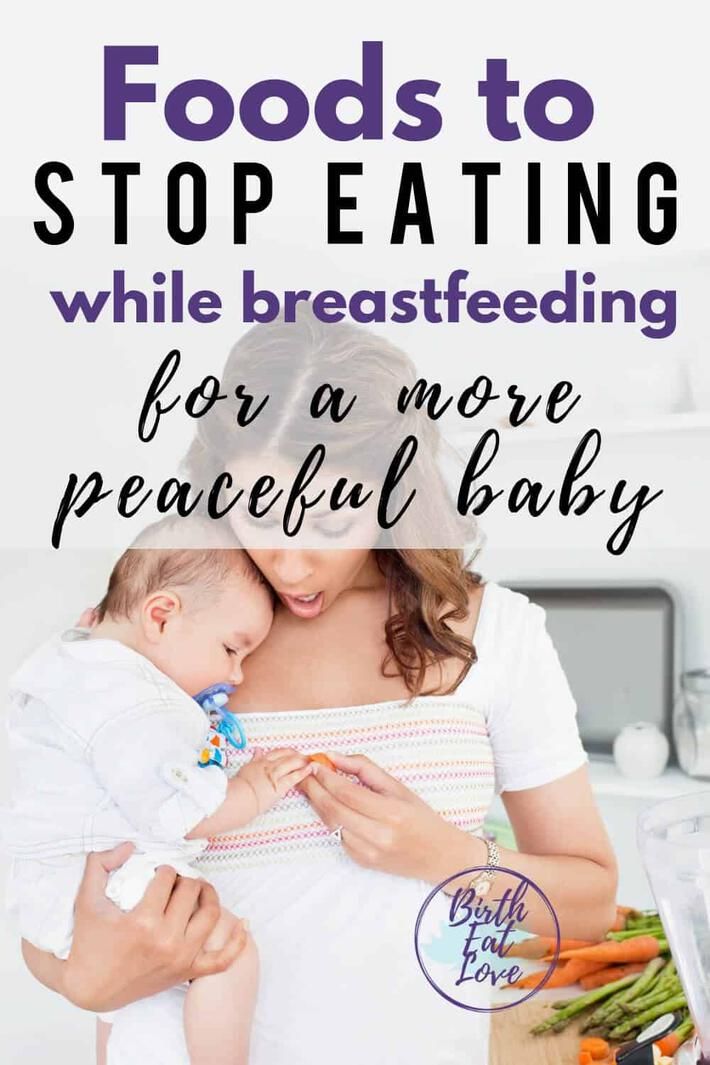
The more varied the mother's diet during breastfeeding, the more health bonuses both she and her baby will receive. Most likely, with a balanced and varied diet, your weight will return to pre-pregnancy, but even if this has not happened yet, the breastfeeding period is not the best time to lose weight. You need to provide yourself and your baby with the proper level of nutrients, and this is difficult to do on rigid diets.
However, there are still foods that you should stay away from. I'll tell you more about everything.
What the science says about nutrition during breastfeeding
The diet of a nursing mother appeared at a time when knowledge about the nature of allergies was not enough. Not fully understanding the whole mechanism of its appearance, doctors, just in case, postponed acquaintance with potential allergens until later. It was believed that by the age of three, the child's immune system would mature and be able to withstand the encounter with the allergen.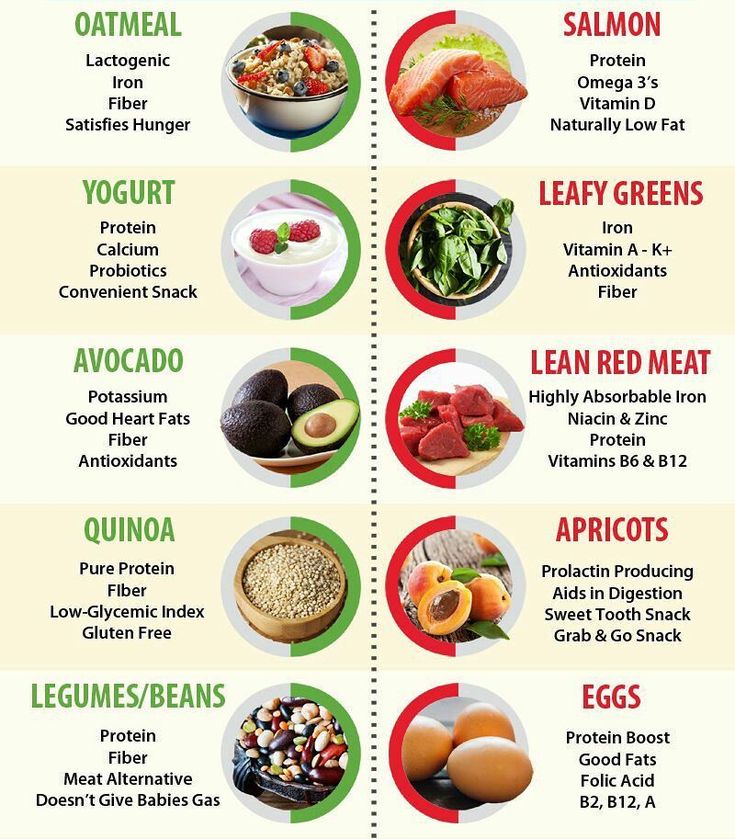
What to do? 08/13/20
What should I do if I suspect I have an allergy?
In reality, everything turned out differently: the earlier the child got acquainted with the potential allergen, the lower was the risk that he would develop an allergy. In modern recommendations for the diagnosis and treatment of food allergies in children, mothers are advised not to limit the diet, but to try to make it more varied.
Guidelines for the Diagnosis and Management of Food Allergy in Children - KFAPDF, KB 361
This is the position of leading child health organizations: the best nutrition for a mother during breastfeeding is a balanced and varied diet.
Healthy Diet During Pregnancy and Breastfeeding - WHO European OfficePDF, KB 93
Breastfeeding Diet - US Centers for Disease Control and Prevention
all five food groups:
- Vegetables and fruits.
- Complex carbohydrates: cereals, bread, potatoes.

- Protein sources.
- Dairy products.
- Fats and oils.
And you also need to maintain diversity in each group. For example, eat vegetables and fruits of different colors, use not only meat, but also fish, eggs and legumes with nuts from protein sources.
Breastfeeding Mom's Diet Advice - US Department of Health
And the ratio of animal to vegetable proteins should be approximately the same. Among complex carbohydrates, you should give preference to whole grains and also do not forget about diversity. It turns out that buckwheat and boiled turkey for breakfast, lunch and dinner every day is not a healthy diet option for mom.
Breastfeeding - European Community of Pediatrics, Gastroenterologists, Hepatologists and Nutritionists Commentary
Health Canada Diet If your diet is balanced and varied, do not take supplements or multivitamins, except for vitamin D. They are needed in rare cases when the diet of a nursing mother is poor or there are health problems.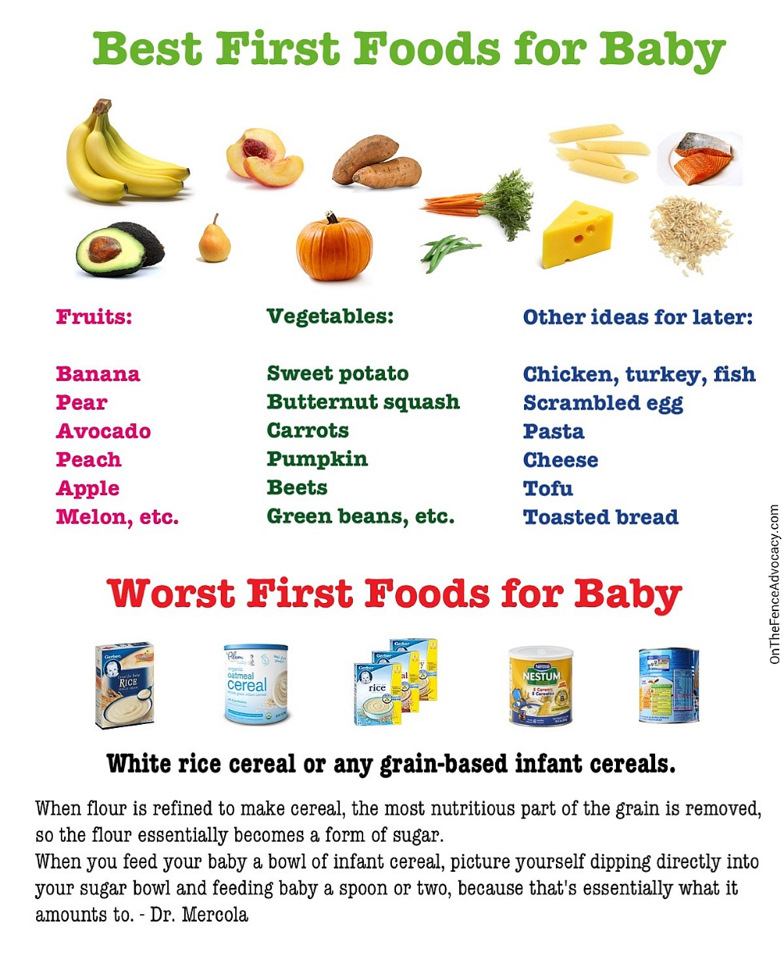 But the doctor should prescribe the composition and dosage of supplements during breastfeeding.
But the doctor should prescribe the composition and dosage of supplements during breastfeeding.
Your appetite will probably increase, this is normal. The US Centers for Disease Control and Prevention estimates that a breastfeeding mother may need up to 500 calories in excess of her usual calorie intake to ensure adequate milk supply. But those 500 calories should come from healthier food sources, not soda chips.
/guide/vitamins/
Vitamins: what foods contain and how to supplement
Why a balanced diet is important
Such a diet will help maintain the health of the mother and provide the necessary nutrients to the child. During breastfeeding, it is important to provide yourself with the proper amount of energy, protein, and some important micronutrients: iron, calcium, vitamin D, and folic acid.
These micronutrients may not be enough, because during pregnancy and the onset of breastfeeding, some of them are spent on the needs of the fetus, and then the baby.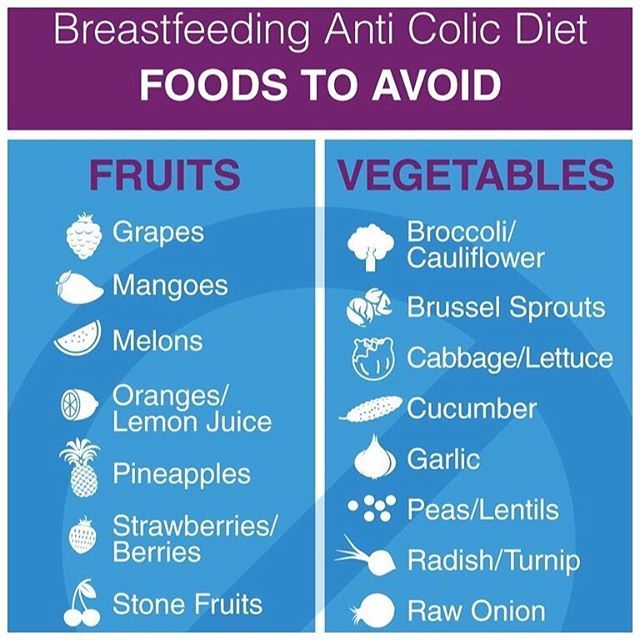 You can get these substances from dark green vegetables: spinach, broccoli, green beans, as well as dairy products, eggs, legumes, meat and fish.
You can get these substances from dark green vegetables: spinach, broccoli, green beans, as well as dairy products, eggs, legumes, meat and fish.
/life/laktaciya/
How much does breastfeeding cost
If you refuse a large number of foods, it will be difficult to get all these essential nutrients, which can affect your physical condition and well-being, lead to a deficiency of important substances and drag along with you diseases . In addition, the child is more likely to follow the family's eating style as they grow older. The more varied and healthier your diet, the greater the chances of accustoming a child to it.
But unhealthy eating habits can lead to future weight gain and negatively affect food cravings. A study of 1,459 mother-baby pairs found that high body mass index and unhealthy eating habits were more common among children whose mothers followed the so-called Western style of eating, which is high in ultra-processed foods, high-calorie, sweet and fatty.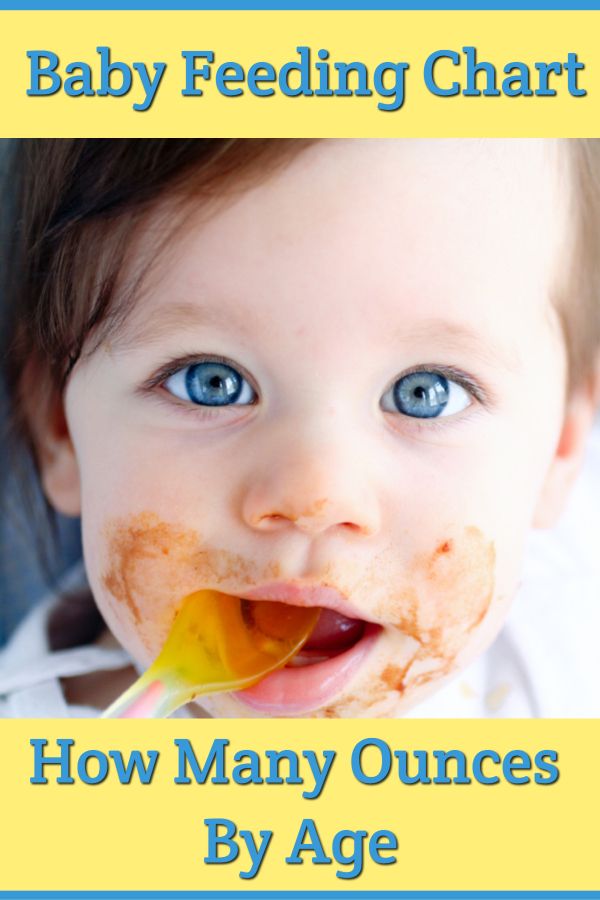
What not to be afraid of in the diet
Mothers often blame their diet on the baby's restless behavior or minor skin rashes.
The American Academy of Pediatrics states that only 2-3 out of 100 breastfeeding babies are allergic to any food in the mother's diet.
But by blaming everything on food, we mask the real problem or, conversely, overestimate the significance of some ordinary phenomena, such as newborn acne or prickly heat. If in doubt what kind of rash it is, talk to a competent pediatrician. If the pediatrician suspects a connection between a child’s poor health and food, he will ask you to keep a food diary - this way there will be a potential culprit.
/colic/
How to help a newborn with colic
By eliminating this product for 1-2 weeks, you will either confirm the hypothesis or continue to look for another suspect. But you don’t need to immediately remove all products: this can lead to an imbalance in nutrition, fatigue, nervousness and poor health.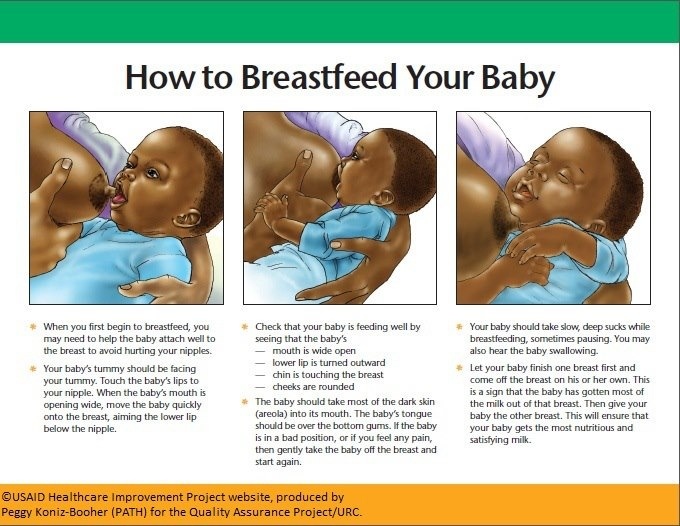
If a pediatrician forbids eating certain foods without complaints about the child's well-being, this is a reason to look for a second opinion. Here are the foods that pediatricians often ban.
Cow's milk. Those children who have a reaction to their mother's food most often have it on cow's milk: the baby may experience abdominal discomfort, colic, skin rash.
But excluding cow's milk in advance, just in case, will not lead to the prevention of allergies in a child. On the contrary, a 2021 Swedish study found that babies whose mothers drink relatively more cow's milk during breastfeeding have a lower risk of developing food allergies than those whose mothers drink little or no milk. The same is true for other potential allergens: if they are excluded, this will not help to avoid allergies in the future, but, on the contrary, will increase the risk of its occurrence.
No need to remove potential allergens from the diet
Valentina Suvorova
pediatric allergist-immunologist
There are foods that are potentially allergenic: milk, eggs, fish, peanuts, soy.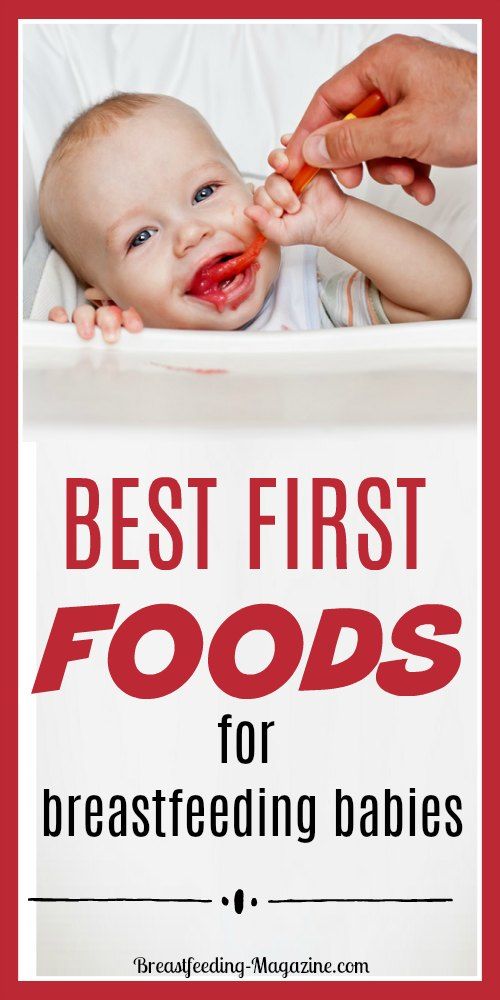 To date, there is not enough scientific evidence to recommend that breastfeeding mothers restrict their diet. There are no differences in the prevalence of allergic diseases in the groups of nursing mothers who avoided milk, eggs and other allergens, and mothers who did not follow any diet.
To date, there is not enough scientific evidence to recommend that breastfeeding mothers restrict their diet. There are no differences in the prevalence of allergic diseases in the groups of nursing mothers who avoided milk, eggs and other allergens, and mothers who did not follow any diet.
Fish. Separately, it should be said about fish: it is an important part of a balanced diet for any person, especially a nursing mother. Eating fish affects the proper development of the brain and nervous system of the child and reduces the risks of obesity, asthma and allergies in him at an older age.
Mom's fish intake and baby's cognitive development - MDPIPDF, 523KB
Omega-3s and reducing the risk of allergies in the unborn baby - PLOS Medicine
Two servings a week are enough to keep mother and baby healthy. One serving is your palm without fingers.
Limit swordfish, marlin, bigeye tuna, king mackerel or shark. This is due to the high risk of exceeding the permissible level of mercury in their meat.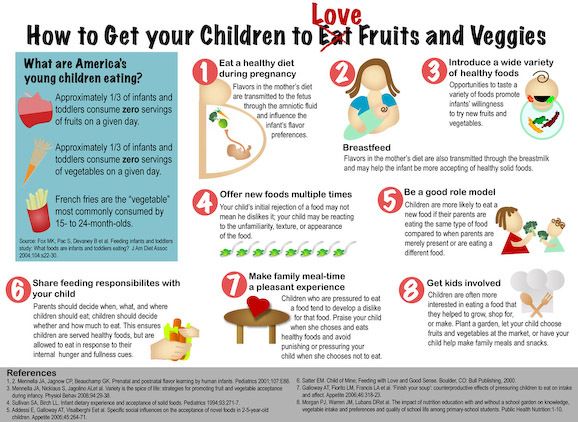 Such types of fish are rarely found in Russia, but if you live in another country or order them specially from afar, then show moderation. It is better to give preference to other options: salmon, herring, saury, cod.
Such types of fish are rarely found in Russia, but if you live in another country or order them specially from afar, then show moderation. It is better to give preference to other options: salmon, herring, saury, cod.
Foods that give mom gas. There is a myth that a mother and her baby have the same reaction to foods. In reality, gases from the gastrointestinal tract of the mother cannot enter the bloodstream and from there into breast milk, so the discomfort in the mother does not mean the obligatory colic in the baby.
However, when food is digested, certain proteins enter the bloodstream and can then pass into mother's milk. Some children may be sensitive to protein and react to it with increased gas production and nervousness. The reaction can be to any product, even to buckwheat or a green apple, and you can find out with the help of a food diary.
How food passes into breast milk - La Leche Liga
Garlic, spices, spices may change the taste of breast milk, but this does not mean that they should be eliminated.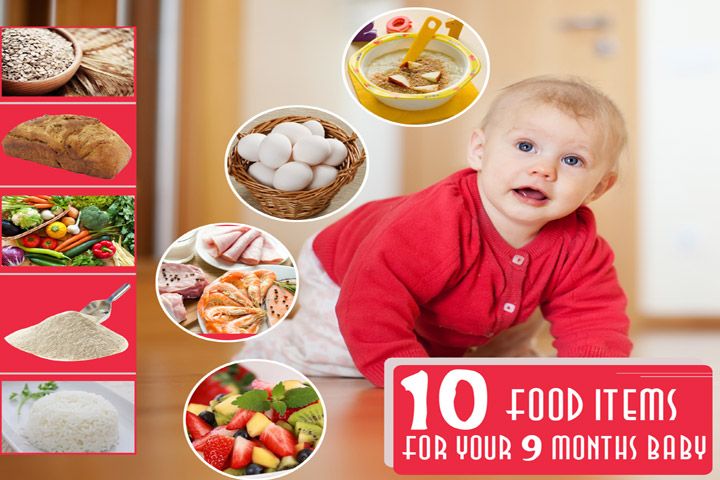 The breastfeeding support association La Leche Liga believes that regular consumption of these products will help the child get used to the family diet before introducing complementary foods. Babies begin to get used to these aromas even in the stomach, when they swallow amniotic fluid, so spices should not be ruled out during pregnancy.
The breastfeeding support association La Leche Liga believes that regular consumption of these products will help the child get used to the family diet before introducing complementary foods. Babies begin to get used to these aromas even in the stomach, when they swallow amniotic fluid, so spices should not be ruled out during pregnancy.
What should be limited in the diet
The probability that a child will feel bad from some product in your diet is small, but still there. Therefore, some products should be consumed in limited quantities, and some should be completely excluded for the GV period.
Alcohol. The safest option is not to drink alcohol during breastfeeding. The US Centers for Disease Control and Prevention believes that sometimes you can drink a glass of wine, but in the next 2 hours after drinking, you should not feed your baby. Even without HB, there is no safe dose of alcohol, each glass is your personal choice and risk. And during breastfeeding, it is also a responsibility for the life and health of the baby.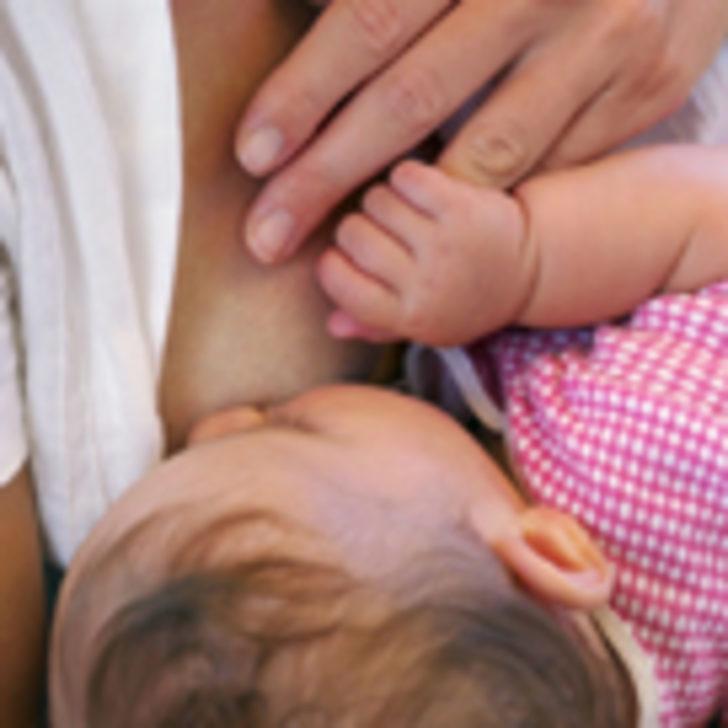
Community 04.01.21
Is it true that wine is good for the heart and helps you live longer?
Thermally processed products of animal origin. These are fish, meat and eggs. If you eat them raw, you can become infected with dangerous bacteria: listeria, salmonella, or botulinum bacteria. They are not transmitted through breast milk, but are not safe for the mother herself - you will probably have to take antibiotics, and this may affect the preservation of breastfeeding. That is, it's not about the products, but about the cooking method: if you want a steak - do not deny yourself, but ask for a well-dan. The same with sushi and lightly salted fish: take baked rolls or hot types of fish, and instead of poached eggs - normally boiled.
Coffee. The recommended amount of caffeine is up to 300 mg per day. How many mugs it is depends on the method of preparation. The baby may have a reaction to coffee, as well as to any product, but this is an infrequent occurrence.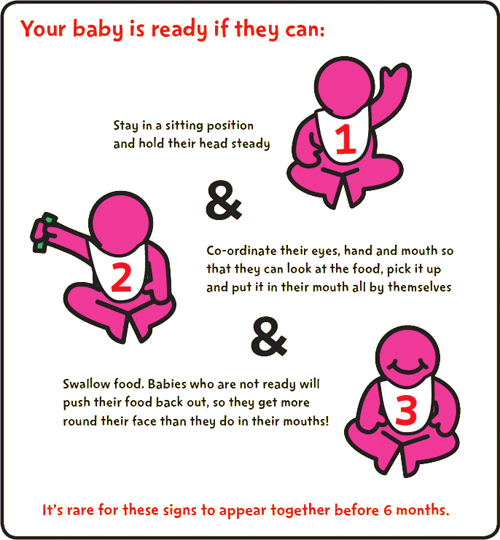
How much caffeine is in a cup of drink
| Drink | Amount of caffeine, mg |
|---|---|
| Instant coffee | 100 |
| Americano, cappuccino | 80-90 |
| Can of Coke, 330 ml | 40 |
| Green tea | 30-50 |
drink
The number of caffeine, mg
Soluble coffee
100
America, Kapuchino
80–9000
Coca-Cola bank, 330 ml 9 ml 9 ml
40
Green tea
30-50
What is the result
Breastfeeding diet is a myth. Mom's nutrition during breastfeeding should be balanced and varied.
A potential allergen or food that a child has an intolerance to can be found in the food diary. Eliminating half of the diet just in case is not worth it.
A more varied mother's diet and exposure to potential allergens during breastfeeding is associated with a lower risk of future allergies in the baby.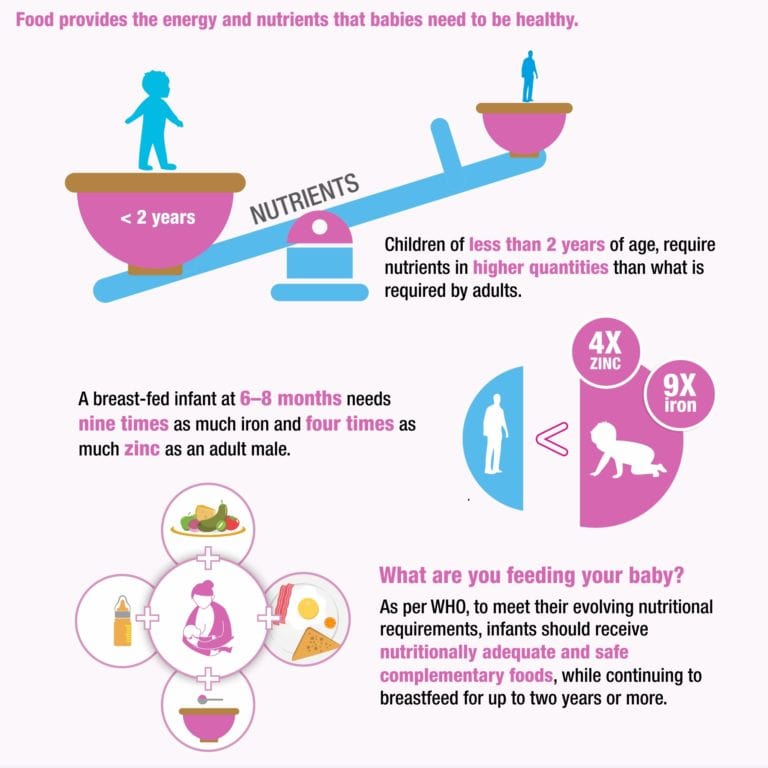
/list/pediatr-deti/
11 important questions to pediatrician Sergei Butriy
What to do? Readers ask - experts answer
Ask your question
Breastfeeding Diet
You know that breast milk is the best food for your baby. What about your own nutrition while breastfeeding? We asked the nutritionist a few questions about the nutrition of a nursing mother.
Share this information
Priya Tew, UK-based registered dietitian :
Priya is a nutritionist, M.D., multi-award winning member of the British Dietetic Association and the Health Professions Council. She has three children, and she breastfed each of them for up to 18 months.
There is no need to follow a special diet while breastfeeding, as long as your diet is balanced. It should include plenty of fruits and vegetables, whole grains such as oats, brown rice, various cereals, and breads labeled "whole grain", "wholemeal" or "wholemeal".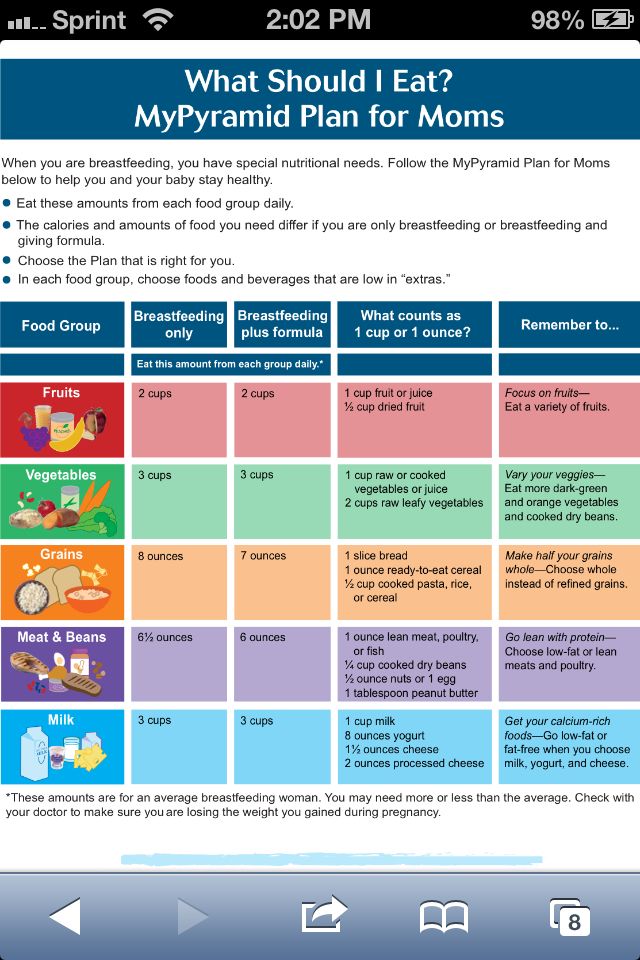 These foods, along with potatoes, pasta, and couscous, are high in starch, an important source of energy.
These foods, along with potatoes, pasta, and couscous, are high in starch, an important source of energy.
In addition, you need lean proteins found in chicken, eggs, legumes, lentils, fish, and lean beef, as well as healthy fats found in olive oil, nuts, seeds, avocados, and fatty fish such as salmon and mackerel. Oily fish is very good for your health and development of your baby, but you should not eat more than two servings per week (about 140 g), as it may contain harmful impurities. 1
Do I need to take vitamins while breastfeeding?
The most important is vitamin D. It is essential for healthy bones, you and your baby. We get most of this vitamin from the sun. If you live in a region with insufficient solar activity, especially in winter, your body may lack it. In this case, the doctor may advise taking vitamin D supplements. 2
You also need to get enough calcium, as it is excreted from the body during breastfeeding. 3 Try to eat four servings of foods rich in this mineral a day.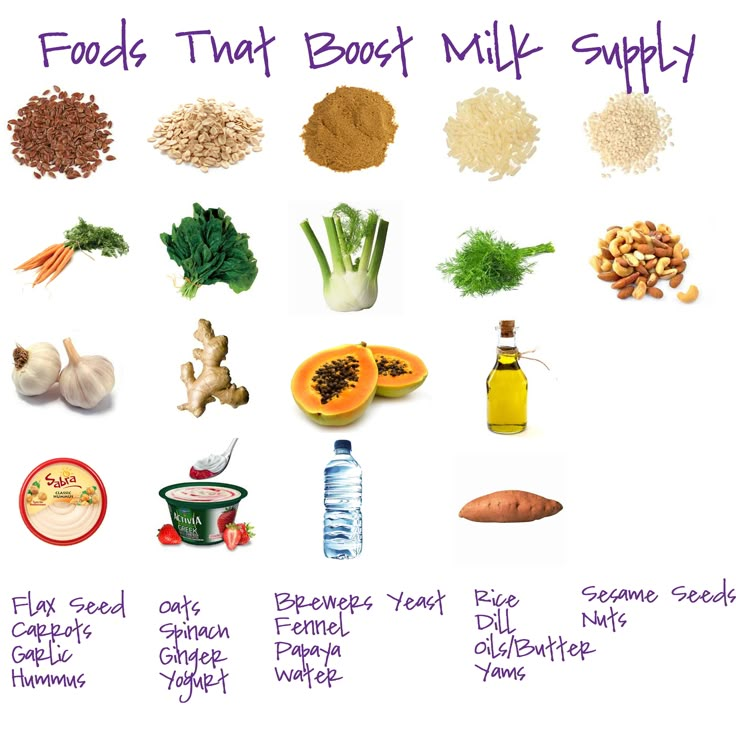 These can be dairy products such as milk, yogurt, and cheese, or non-dairy products such as nuts, tofu, sesame seeds, and leafy vegetables. One serving may consist of, for example, half a cup of green vegetables or a small piece of cheese (50 g).
These can be dairy products such as milk, yogurt, and cheese, or non-dairy products such as nuts, tofu, sesame seeds, and leafy vegetables. One serving may consist of, for example, half a cup of green vegetables or a small piece of cheese (50 g).
What foods should I avoid while breastfeeding?
The good news is that you can eat almost anything while breastfeeding. Only the consumption of oily fish should be limited. In small quantities, even caffeine is acceptable - more on this below.
If you are not allergic to peanuts, there is no reason to deny yourself products that contain peanuts. Recent studies show that if you eat peanuts while breastfeeding and gradually introduce them into your baby's diet during the first year, your baby will be less likely to become allergic to them in the future. 4
Do I need extra calories while breastfeeding?
Breastfeeding mothers need about 500 more calories per day. 5 But every mother is unique and your energy needs will change throughout your breastfeeding period.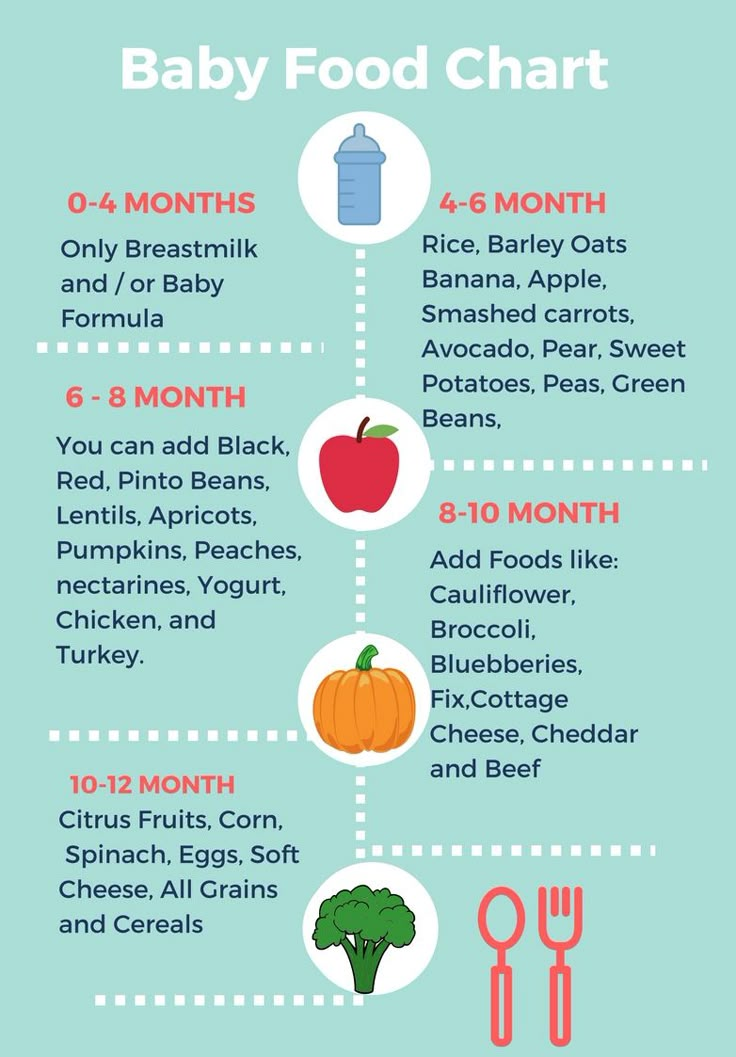 The number of calories you need depends on your baby's age, appetite, height, and weight, as well as your body mass index (BMI), your activity, and factors such as whether you are exclusively breastfeeding or not, and whether you are breastfeeding twins or multiple babies.
The number of calories you need depends on your baby's age, appetite, height, and weight, as well as your body mass index (BMI), your activity, and factors such as whether you are exclusively breastfeeding or not, and whether you are breastfeeding twins or multiple babies.
Can I go on a diet while breastfeeding?
Trying to lose weight while breastfeeding is not a good idea because you need to get enough nutrients for you and your baby. The fat accumulated during pregnancy is used to produce milk, so breastfeeding in itself will help you shed those extra pounds.
If your weight changes by more than 1 kg per week, check if you are eating a healthy and balanced diet and adjust if necessary. You can also ask your doctor for advice.
How can I find time to prepare healthy meals?
Having devoted yourself to feeding a child, you can forget about your own nutrition. However, it is important to ensure that your diet does not consist only of sweets and cookies.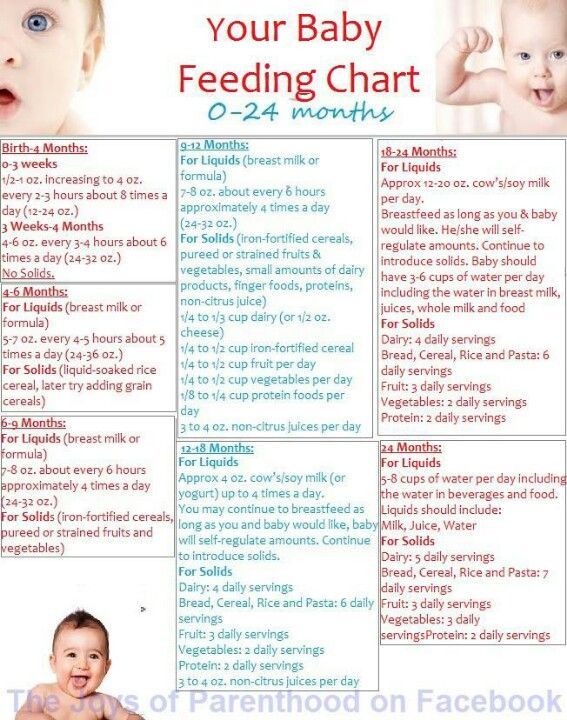 Of course, sweet snacks are easy and quick, but they do not bring any benefit to your body.
Of course, sweet snacks are easy and quick, but they do not bring any benefit to your body.
Opt for quick yet nutritious meals like scrambled eggs with spinach or fried chicken with brown rice. Oatmeal is great for breakfast, as it provides a slow release of energy from grains and soluble dietary fiber, which is what you need to restore strength in the morning after a night of breastfeeding.
Store pre-cut fruits and vegetables in the refrigerator for light snacks, or carry unsalted nuts in your bag. It's much easier than peeling tangerines with one hand while holding a baby with the other.
Should I drink more water while breastfeeding?
Breastfeeding can make you thirsty, so it's important to drink enough water. A person needs six to eight glasses of fluid a day, and even more if breastfeeding. 6 Make it a habit to drink a glass of water, milk or fruit juice without sugar every time you feed your baby.
I love coffee. Do I need to quit caffeine?
Coffee, like everything you eat or drink, passes into your breast milk, so it is advisable to limit your intake while breastfeeding.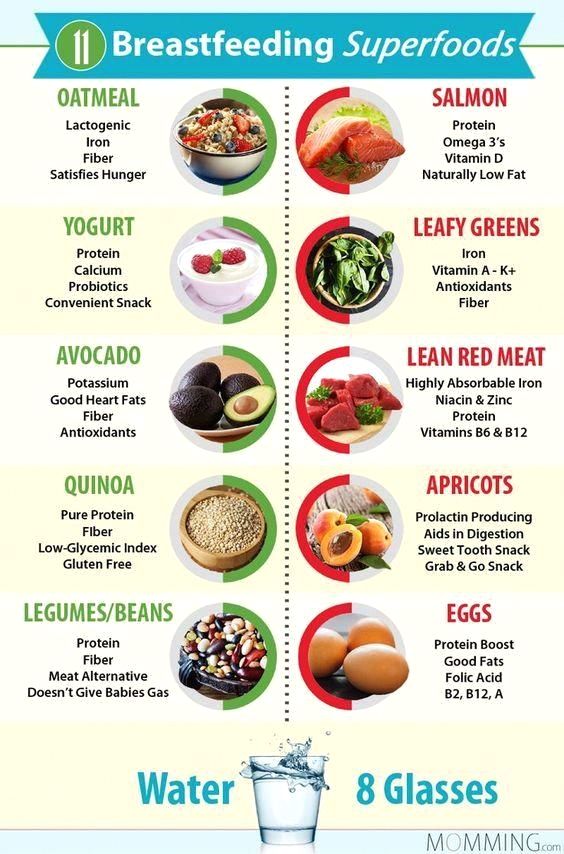 Legal coffee limits vary by country, but the average recommendation is not to exceed 200-300 mg of caffeine per day (300 mg is equivalent to two cups of filtered coffee or four cups of tea). Talk to your doctor about the acceptable amount of coffee consumption for you. Also, don't forget that caffeine is found in cola and energy drinks, and a small bar of dark chocolate can contain up to 50 mg. 7
Legal coffee limits vary by country, but the average recommendation is not to exceed 200-300 mg of caffeine per day (300 mg is equivalent to two cups of filtered coffee or four cups of tea). Talk to your doctor about the acceptable amount of coffee consumption for you. Also, don't forget that caffeine is found in cola and energy drinks, and a small bar of dark chocolate can contain up to 50 mg. 7
If I eat a varied diet, will my baby be less picky about food?
Breast milk has the flavor of everything you eat. 8 Therefore, if you eat a variety of foods while breastfeeding, giving your baby a chance to taste different flavors, he may like them in the future.
If you like spicy and spicy foods, there is no reason to refuse them while breastfeeding. When my first child was born, I ate a lot of spicy food. When my daughter was two years old, we went to Sri Lanka, coincidence or not, but she ate absolutely everything.
Can something in my diet not be suitable for a child?
At an early age, babies often suffer from colic or are picky eaters, so mothers naturally wonder if this is due to their diet.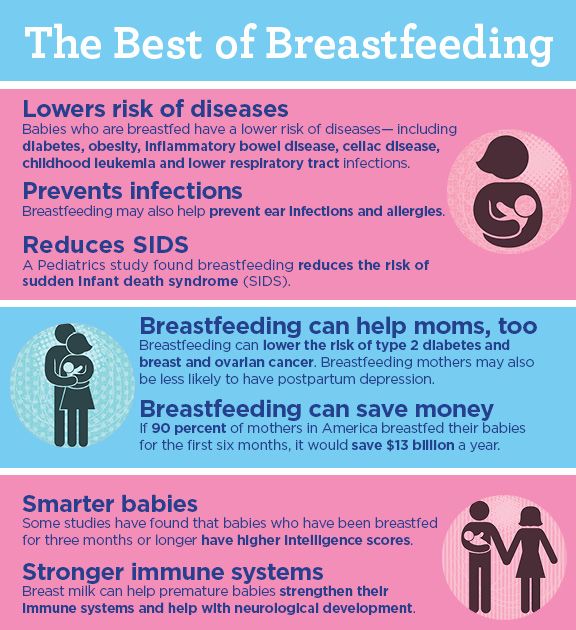 Probably not. Studies show that the proportion of children who are allergic to any component of breast milk is only slightly more than 1%. 9 Cow's milk, eggs, corn, and soy protein in moms' diets are much more likely to cause allergic reactions than spicy foods, hot sauces, or cruciferous vegetables, which moms usually worry about.
Probably not. Studies show that the proportion of children who are allergic to any component of breast milk is only slightly more than 1%. 9 Cow's milk, eggs, corn, and soy protein in moms' diets are much more likely to cause allergic reactions than spicy foods, hot sauces, or cruciferous vegetables, which moms usually worry about.
If your baby is allergic to substances in your milk, it can cause profuse vomiting, rash, bloody stools, or prolonged constipation. If your baby has an intolerance to any food, you will notice symptoms such as moodiness and crying after feeding, burping, diarrhea, or the baby will press his knees to his chest. Contact your doctor if something is bothering you. He may suggest eliminating certain foods for a couple of weeks, and then see if the child's behavior changes after eating them again.
You can also keep a food diary: write down everything you eat and drink, as well as your child's symptoms, and you may notice some patterns.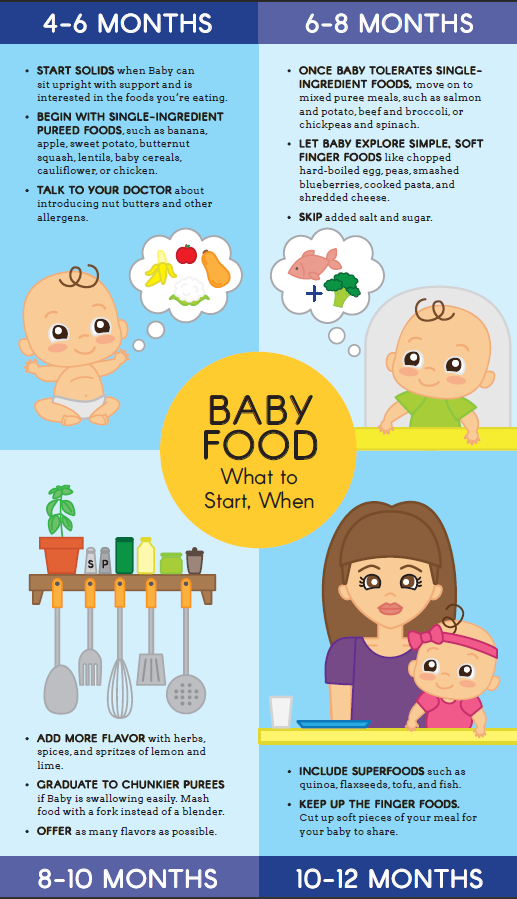 However, before cutting out any foods, such as dairy, always check with your doctor, as it's important to know that you're getting the nutrients you need from other sources. Depending on where you live, you will be referred to a nutritionist or other specialist.
However, before cutting out any foods, such as dairy, always check with your doctor, as it's important to know that you're getting the nutrients you need from other sources. Depending on where you live, you will be referred to a nutritionist or other specialist.
Does a vegetarian diet affect breast milk?
If you are getting enough calories and all the nutrients your body needs (carbohydrates, proteins, fats, vitamins and minerals), then you have nothing to worry about. A vegetarian or vegan diet requires plenty of vitamin B12, vitamin D, calcium, and omega-3 fatty acids while breastfeeding, so opt for foods and supplements that provide you with these essential nutrients.
If you are on a vegetarian, vegan, macrobiotic, or other special diet, you may need additional medical advice to make sure you are getting all the nutrients your baby needs.
Literature
1 National Health Service (NHS) [Internet]. Burnley, UK: Department of Health; 2018.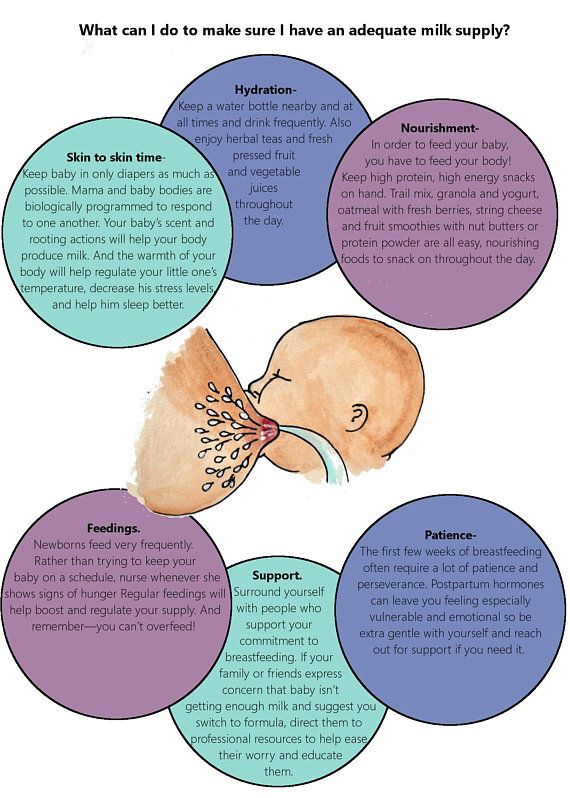 Should pregnant and breastfeeding women avoid some types of fish?; 2015 Jul 06 [cited 2018 Apr 12]; Available from: https://www.nhs.uk/chq/Pages/should-pregnant-and-breastfeeding-women-avoid-some-types-of-fish.aspx - National Health Service (NHS) [Internet]. Burnley, UK: Department of Health; 2018. "Should a pregnant and lactating woman refrain from eating certain types of fish?"; July 6, 2015 [cited April 12, 2018]; See article on site https://www.nhs.uk/chq/Pages/should-pregnant-and-breastfeeding-women-avoid-some-types-of-fish.aspx
Should pregnant and breastfeeding women avoid some types of fish?; 2015 Jul 06 [cited 2018 Apr 12]; Available from: https://www.nhs.uk/chq/Pages/should-pregnant-and-breastfeeding-women-avoid-some-types-of-fish.aspx - National Health Service (NHS) [Internet]. Burnley, UK: Department of Health; 2018. "Should a pregnant and lactating woman refrain from eating certain types of fish?"; July 6, 2015 [cited April 12, 2018]; See article on site https://www.nhs.uk/chq/Pages/should-pregnant-and-breastfeeding-women-avoid-some-types-of-fish.aspx
2 Oberhelman SS et al. Maternal vitamin D supplementation to improve the vitamin D status of breast-fed infants: a randomized controlled trial. Mayo Clin Proc. 2013;88(12):1378–1387. - Oberhelman S.S. et al., Introduction of Vitamin D to the Diet of Nursing Mothers to Increase Vitamin D in children: a randomized controlled trial. Mayo Clean Proc.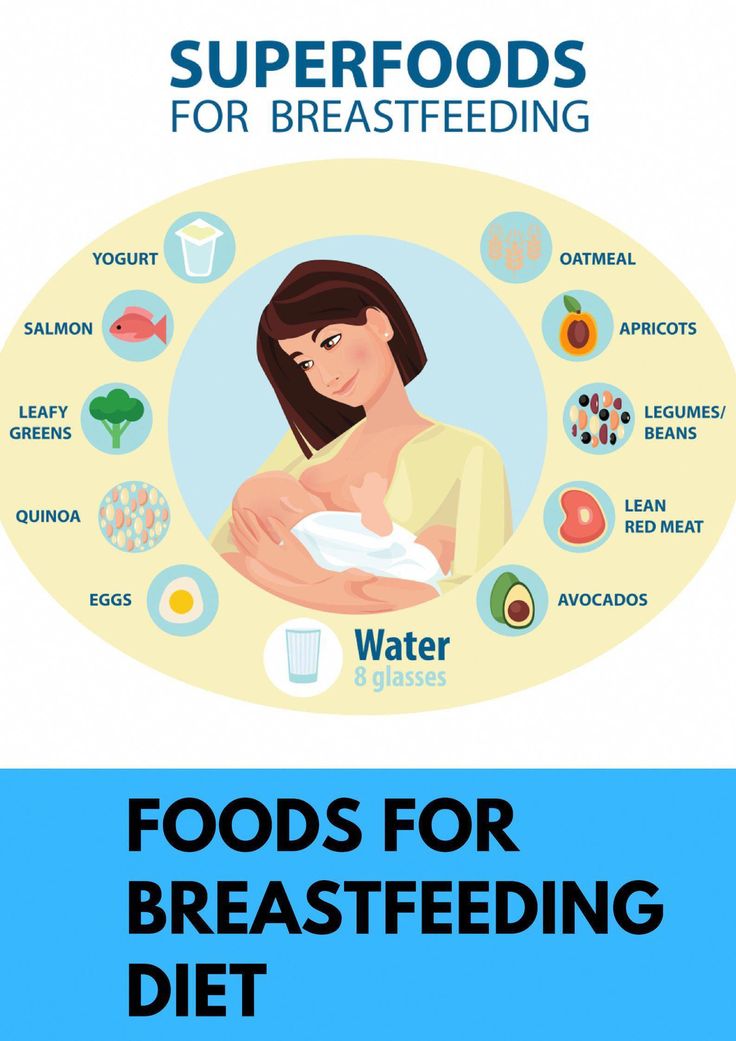 2013;88(12):1378–1387. : effects on the mother and the fetus. Am J Obstet Gynecol. 2006;194(4):937-945. - Thomas M., Weisman S.M., "Calcium intake during pregnancy and lactation: effects on the mother and on the fetus". Am J Obstet Ginekol (American Journal of Obstetrics and Gynecology). 2006;194(4):937-945.
2013;88(12):1378–1387. : effects on the mother and the fetus. Am J Obstet Gynecol. 2006;194(4):937-945. - Thomas M., Weisman S.M., "Calcium intake during pregnancy and lactation: effects on the mother and on the fetus". Am J Obstet Ginekol (American Journal of Obstetrics and Gynecology). 2006;194(4):937-945.
4 Pitt et al . Reduced risk of peanut sensitization following exposure through breast-feeding and early peanut introduction. J Allergy Clinic Immunol. 2018;141(2):620-625. e 1 - Pitt et al., "Reducing the Risk of Peanut Allergy by Including Peanuts in the Breastfeeding Mother's Diet and as a Baby's First Food." J Allergy Clean Immunol. 2018;141(2):620-625.e1
5 Dewey KG. Energy and protein requirements during lactation. Annu Rev Nutr. 1997 Jul;17(1):19-36. - Dewey K. J., "Energy and Protein Requirements During Lactation".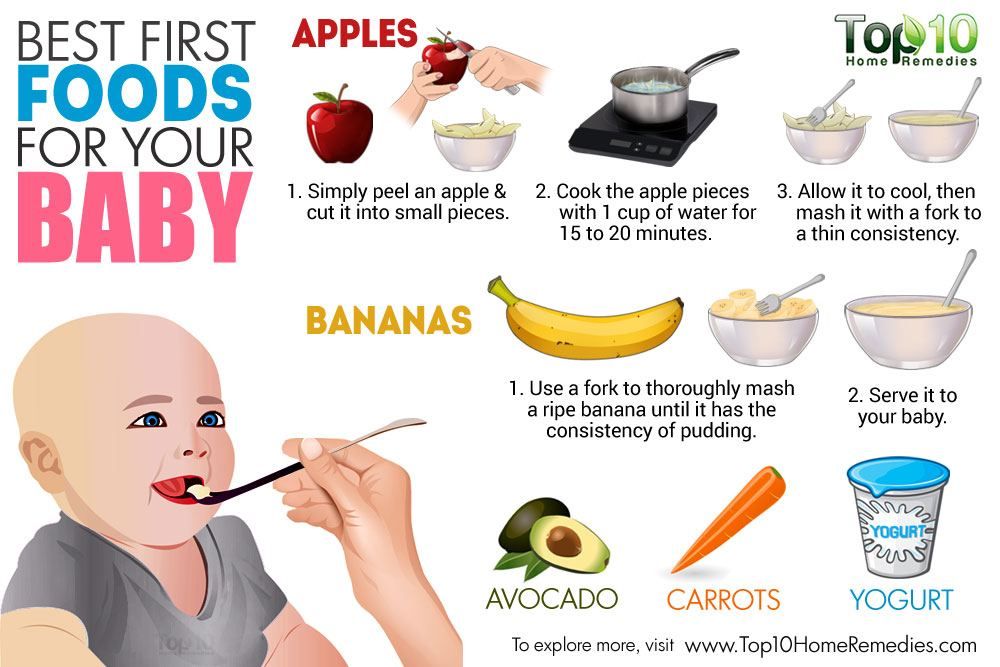 Anna Rev Nutr . 1997 Jul;17(1):19-36.
Anna Rev Nutr . 1997 Jul;17(1):19-36.
6 Food Standards Agency (FSA) [Internet]. London, UK: Crown copyright 2002. Eating for breastfeeding; [cited 2018 Apr 13]; Available from: https://www.food.gov.uk - Food Standards Agency (FSA) [Internet]. London, UK: State Copyright 2002. "Eat to feed" [cited April 13, 2018]. See article on https://www.food.gov.uk
7 National Health Service (NHS) [Internet]. Burnley, UK: Department of Health; 2018. Breastfeeding and diet; 2016 Jan 29 [cited 2018 Apr 12]; Available from: https://www.nhs.uk/conditions/pregnancy-and-baby/breastfeeding-diet - National Health Service (NHS) [Internet]. Burnley, UK: Department of Health 2018. Breastfeeding and Diet; 29 January 2016 [cited 12 April 2018] See article at https://www.nhs.uk/conditions/pregnancy -and-baby/breastfeeding-diet
8 Mennella JA et al.

